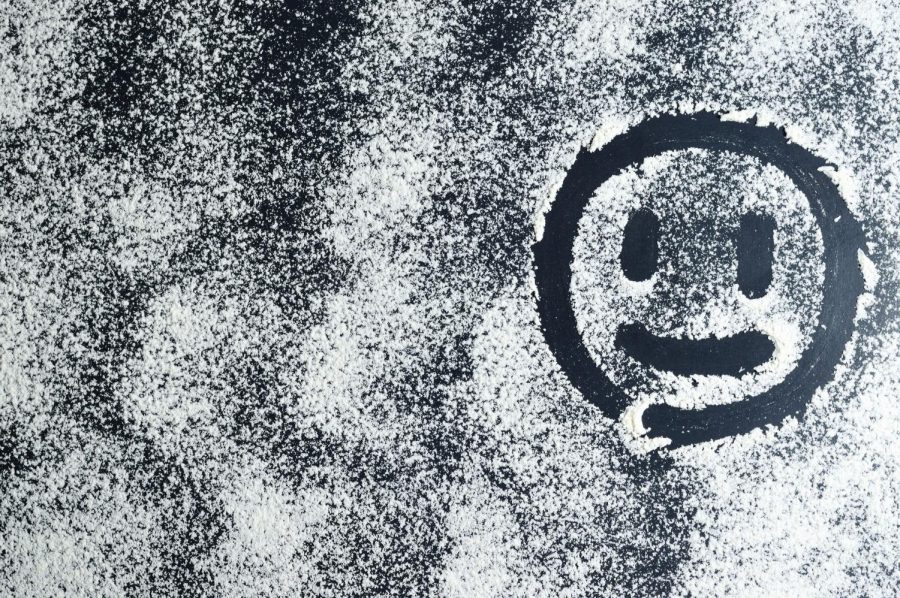Emojis-Modern Hieroglyphs?
Whenever, I send an emotional text, and I do not put an emoji, I feel as if my message would not be understood fully. It happens to many of us, thus putting an appropriate emoji has become an obligation in this era of smartphones. In fact, emojis are everywhere, hundreds of them, representing many skin tones and religions, thus highlighting their importance in our lives.
The word emoji traces back to Japanese origins and literally translates to image character. Emojis were simply invented to convey messages quickly, by Shigetaka Kurita, for the company he worked for. However, the western world got to know these back in 2012 when Apple released these as a hidden feature on the keyboard. As emojis got popular, and as many companies started to develop their own emojis, the Unicode industry developed a standard to make communication between different softwares easier.
Emojis, according to many, are revolutionary and beneficial to this new age of texting and overall advanced technology. Emojis help us express our sentiments and give the assurance of having been understood by the other person. Emojis not only add emotions to text messages, but also add a personal touch and highlight each person’s personality through their choice of emojis. One more good thing about emojis is that they take less space, which is useful for platforms like Twitter as few characters are allowed. In fact, ample use of emojis has led to brands like IKEA coming up with emoji cushions and made many brands come up with new innovative ways to reach out to consumers. Most importantly, emojis have pushed past language barriers and enabled communication from all over the world, allowing people to reach out and represent their ideas/cultures.
The ever-growing popularity of emojis, and their replacement of words in texts, are even being used in translating Shakespearean plays. Some people are not happy about these image characters, as many say that emojis will be taking over the language. They claim that this new generation will be losing its linguistic communication skills and be entangled in confusion. Emojis can definitely enrich communication, yet many fear that they can lead to wrong interpretations and the destruction of the written word. This sudden influx of emojis into our lives as many are concerned that emojis will lead to a loss of written language, especially amongst the new generation. The critics say that it is like going back to hieroglyphics, which means devolution of modern language. Some critics also point out the confusion emojis make, as emojis out of context can have different meanings. As more technological evidence is being presented, the ambiguity of emojis can lead to different legal interpretations. Emojis also have different meanings in different cultures, as folded hands can mean worshipping in one culture, but might be interpreted as a way of greeting in other culture.
Emojis are here to stay. As technology advances, emojis will evolve to include many more symbols and cultural values. Basically ?, get used to it! ?

